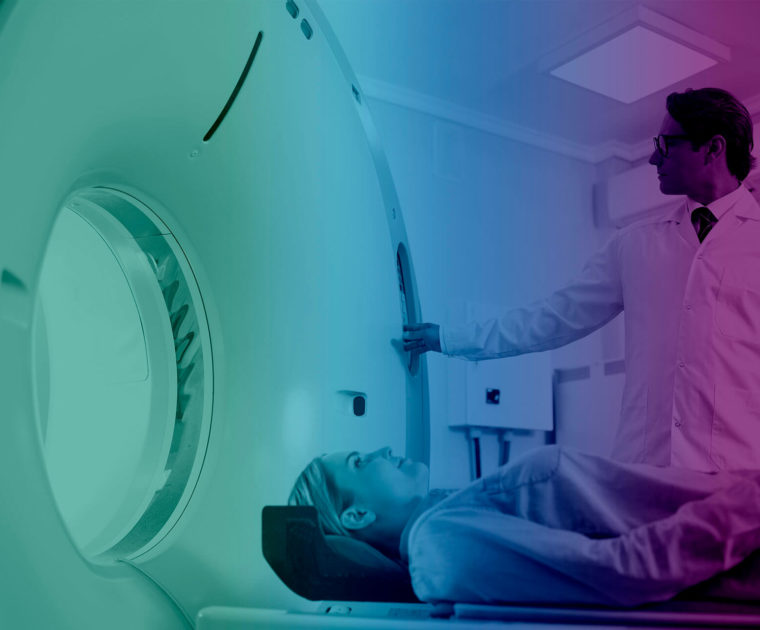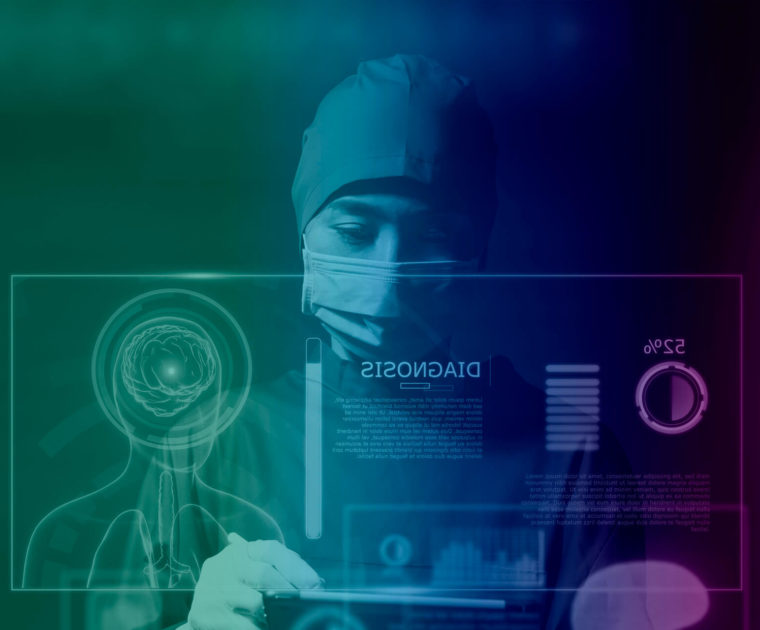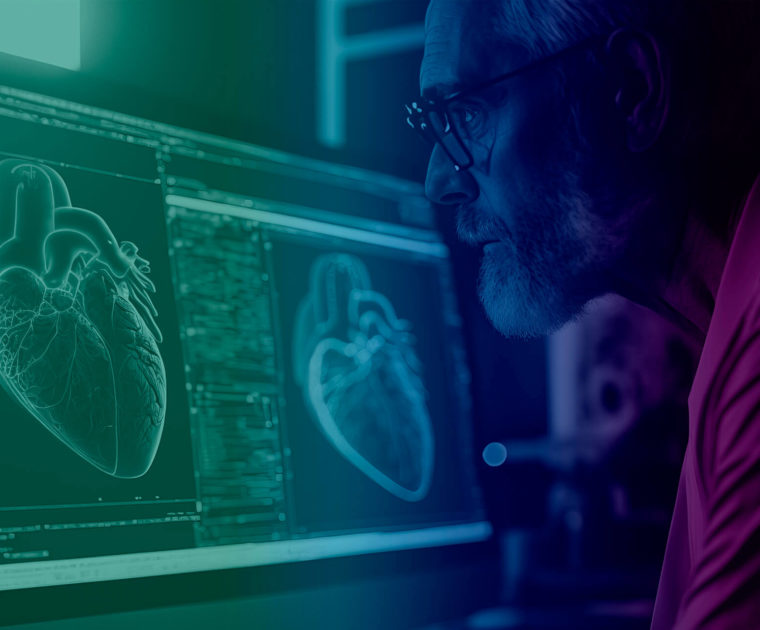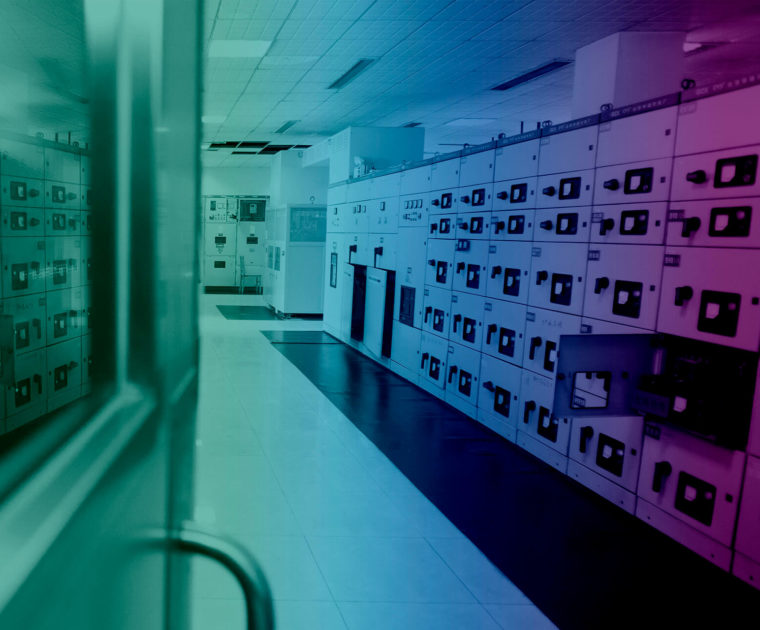El trabajo conjunto de UNE, CEM y ENAC en normalización, metrología y acreditación y el lanzamiento de la web “Infraestructura de la calidad española”, buscan concienciar sobre la importancia de contar con una infraestructura de la calidad fuerte en España.
Potenciar la infraestructura de la calidad en España.
Ese es el principal objetivo del acuerdo que firmaron este mes de julio la Asociación Española de Normalización, UNE, el Centro Español de Metrología (CEM), y la Entidad Nacional de Acreditación (ENAC).
Se trata de un protocolo de colaboración para impulsar la infraestructura de la calidad en España, un elemento que contribuye a aumentar la competitividad de los sectores de actividad y del tejido económico e industrial español, así como a mejorar el funcionamiento efectivo del Mercado Interior de la UE y el acceso a mercados de terceros países.











